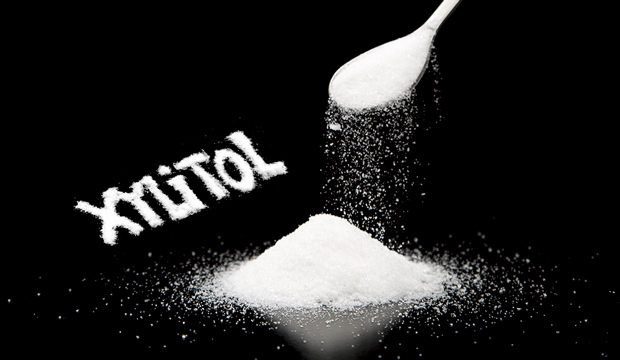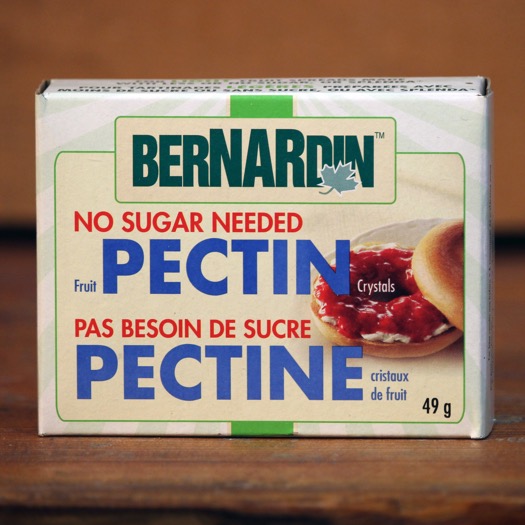Important Things to Consider When Canning With Sugar Substitutes
Sugar substitutes are not the same as sugar. They don’t contain the same properties and compounds that aid in the preservation process, and swapping out sugar for an artificial sweetener can lead to a wide-range of problems. Sugar substitutes can cause bacteria, mold or other organisms to grow in certain products while they are being stored. This can lead to premature spoilage, waste and disappointment if you ever need to rely on those items during a crisis. Let’s take a closer look at how to incorporate artificial sweeteners into your stockpile without putting parts of your food supply at risk.
Why Sugar is Important
Certain recipes rely on the chemical reactions between compounds in sugar and the foods in order to aid in the preservation process. Other recipes call for pectin, which needs to interact with sugar in order to work properly. Some recipes need sugar for fermentation. Consequently, sugar plays an important role in stabilizing foods so they are safe in long-term storage in addition to being a sweetener.
If you can’t use sugar for health reasons or dietary preferences, make sure that you find alternative recipes that don’t require sugar. Avoid using substitutes unless the recipe specifically indicates that it is safe to do so.
Sugar-Free Pectin
Another option is to use a special pectin that doesn’t require sugar to work properly. This will allow you to either eliminate sugar altogether or substitute it with something else if it is safe. No-sugar pectin can sometimes be found in stores, especially ones that specialize in selling natural-foods, and products are readily available online. However, it’s important to find recipes that allow for this swap in order to avoid problems down the line as well.
General Guidelines
As a general rule of thumb, sugar can be substituted as long as it is not being used as a preservation agent. Consequently, if it is just being used for sweetening then you should be okay. For example, you can often use substitutes for making canning syrup for fruits since they already contain a significant amount of sugar.
Another common misconception is that sugar can be substituted in jam or jelly products that don’t contain pectin. Since sugar plays an integral role in the preservation process, these products shouldn’t be stored at room temperature over the long-term. If you want to make homemade jams or jellies without pectin or sugar, the safe thing to do is prepare a small batch that can be refrigerated or frozen and consumed within a week or two.
Add Sweetener Afterward
Try to find alternative recipes that don’t require sugar and prepare them accordingly. You can add sugar to taste later as needed once you’re ready to consume the product. Not only will this reduce potential risks associated with using artificial sweeteners, but you will also end up with healthier items in your stockpile as well.
Remember that the goal is to establish a safe, stable and reliable source of food in your emergency stockpile. This is why it’s so important to select the right recipes and avoid making substitutions that may impact the quality of the finished product, and sugar is no exception.



